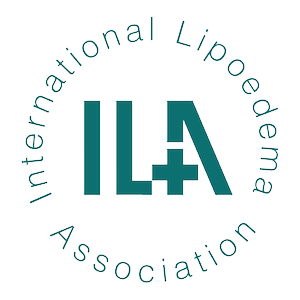Inpatient Lymphedema Therapy at the Földi Clinic Now Available for Patients from the U.S. and Canada
Print Friendly The Földi Clinic, a renowned Specialist Clinic for Lymphology and European Center for Lymphology, has resumed offering its 4-week intensive decongestive treatment program for qualified patients from the United States and Canada. Details: • Duration: 4 weeks • Cost: $15,000 USD What’s Included: • Medical
Read more →



